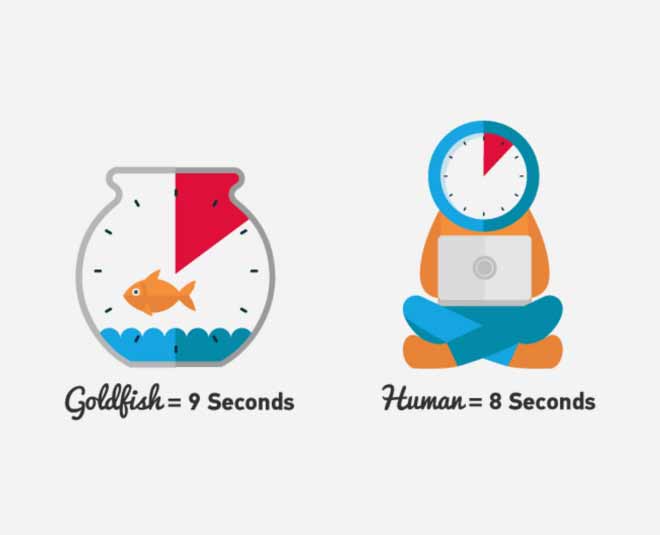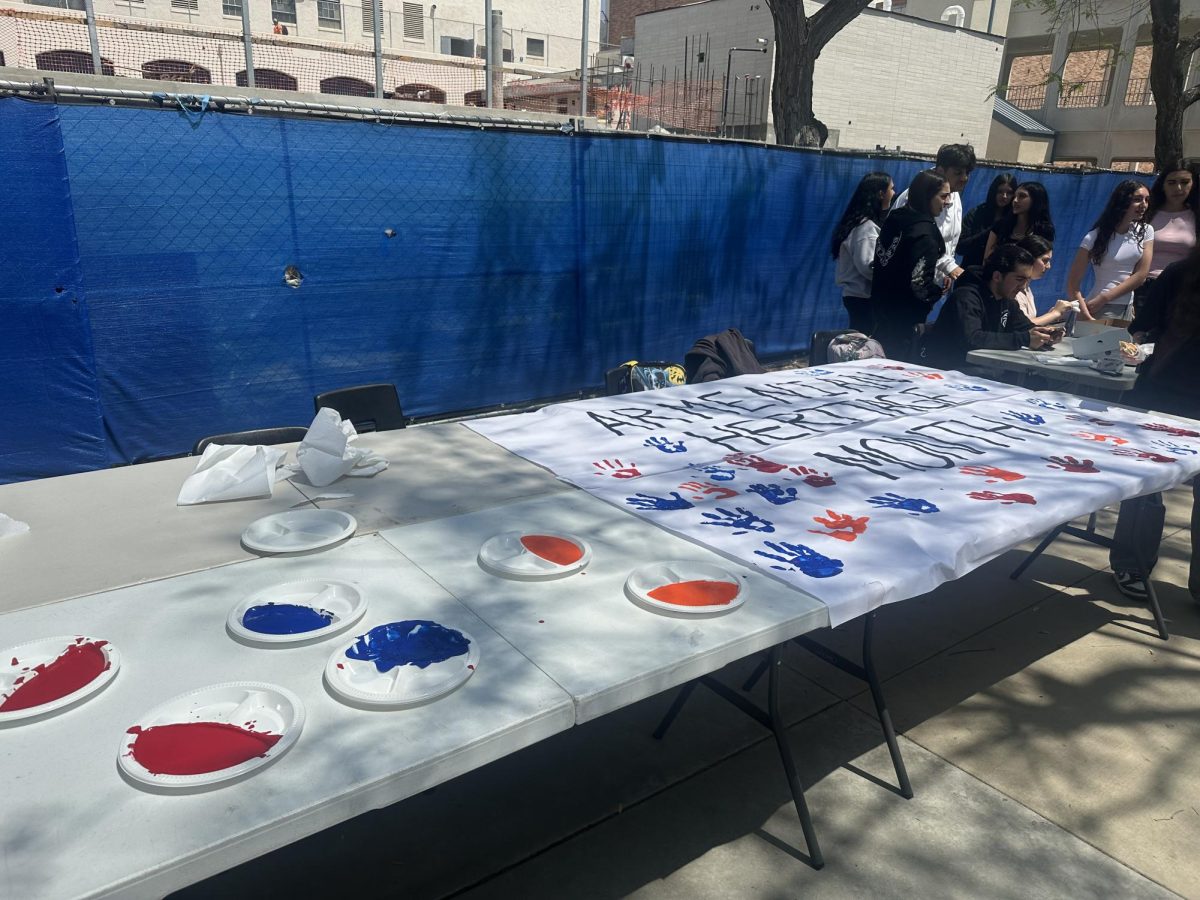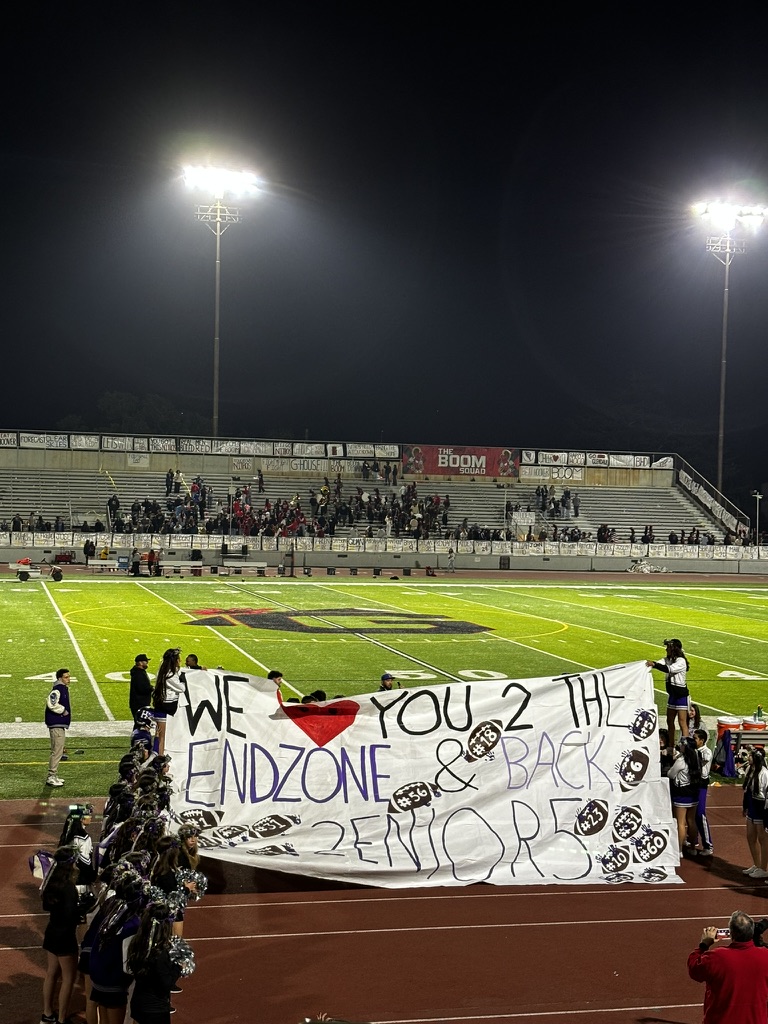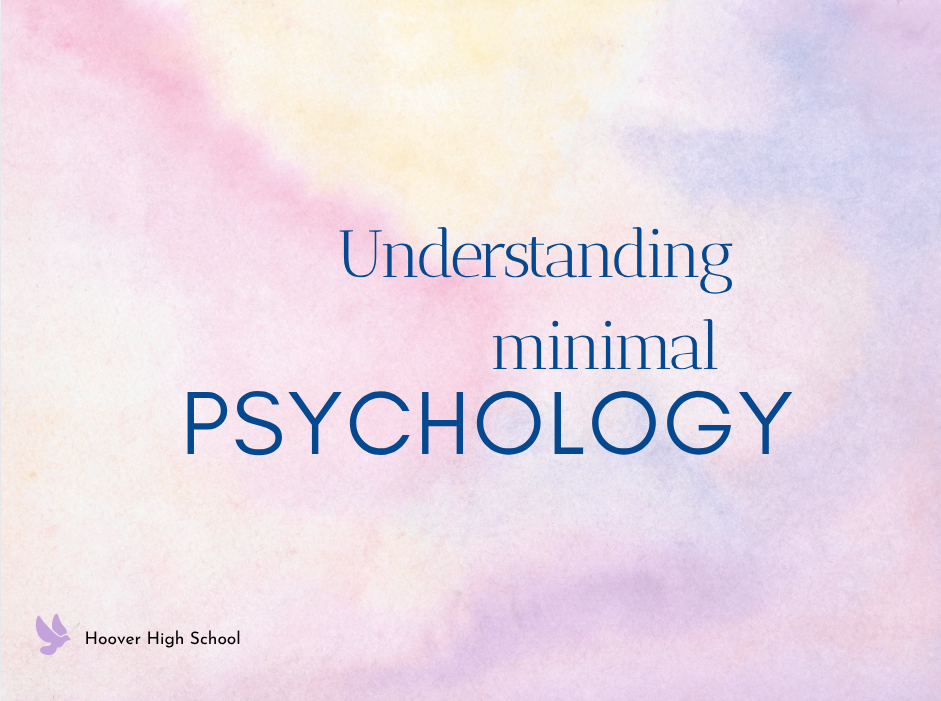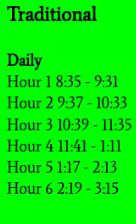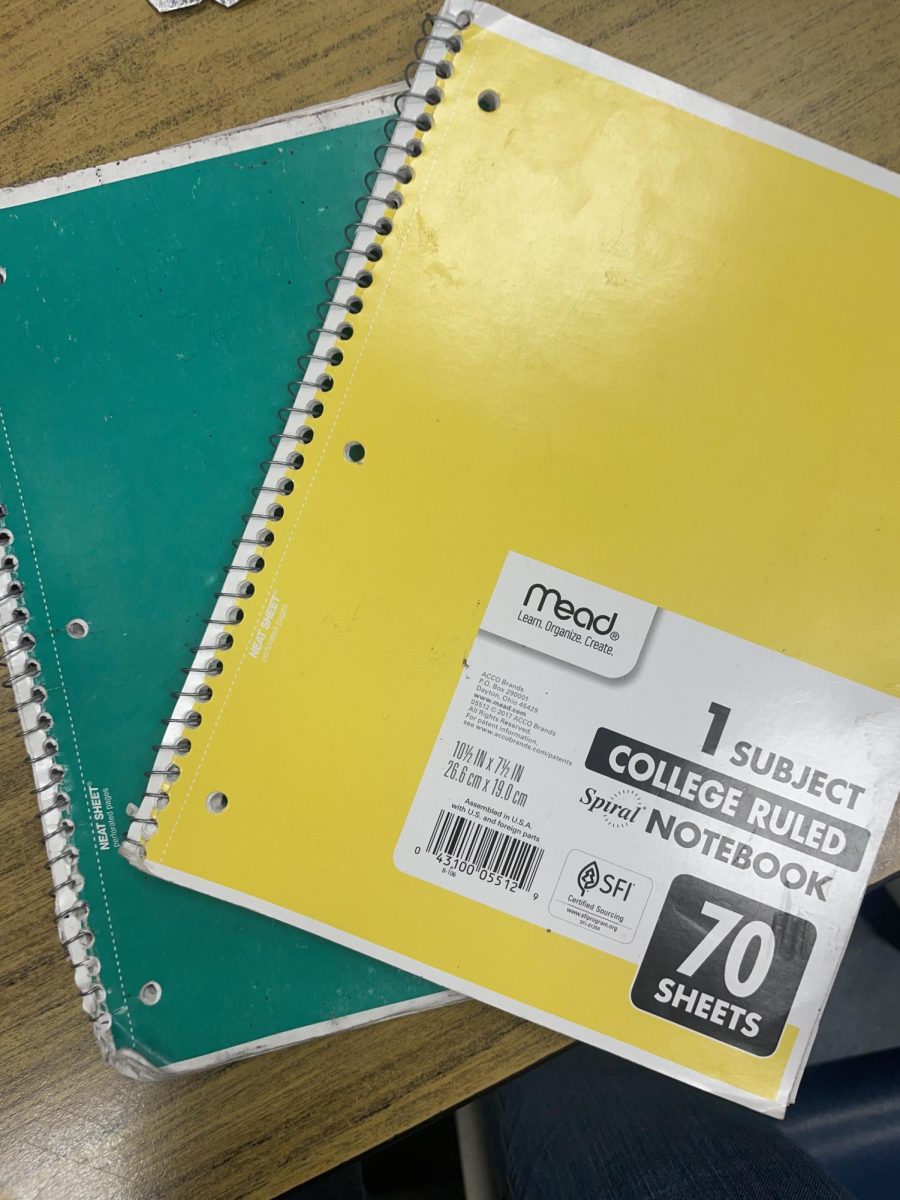As students, we all know the feeling—the bell rings when we finally get into a lesson. That’s the reality of 50-minute classes every single day. While this traditional schedule might seem structured and efficient, it could hold us back in more ways than we think. One of the most significant disadvantages of 50-minute periods is their impact on our attention span and the depth of our learning.
Most learning is often assigned as homework, which can add stress and lead to burnout. So, by the time we’re locked in, we only have a short window before packing up and rushing to the next class. This constant start-and-stop cycle makes it difficult to absorb material deeply and engage in longer, more in-depth projects and discussions.
Compare that to a block schedule, where classes last around 90 minutes but meet fewer times a week. These longer sessions allow in-depth learning, extended group work, lab experiments, and meaningful discussions without feeling rushed. In short, block schedules provide teachers and students with the opportunity to slow down and learn.
Beyond high school, there’s another major issue: preparation. College lectures often last 1–3 hours. Many jobs require sustained periods of focus, especially in fields such as medicine, business, or technology. If we’re not training our minds to handle more extended periods of concentration, how can we expect to succeed in those environments later?
You might think, “We’re just teenagers, so why worry about this now?” However, the truth is that now is precisely when it matters. High school is where we build the habits that follow us into college and the real world. If we don’t train our brains to focus for more extended periods now, it will be even harder to adjust later, as breaking habits as adults is significantly more challenging.
“The 50-minute schedule is easier for the teachers, but we’re here for the students, not us,” said Anthony Peterson, an AP Psychology teacher. “In a 90-minute period, students will learn more and get locked in, and obviously, there will be some hiccups with the attention spans, but we, teachers, can fix that.”
Real life doesn’t come in 50-minute chunks. College won’t pause every hour so that we can regroup. And our future bosses won’t give us five-minute breaks every time our focus drifts. If high school is supposed to help us prepare for the next steps, as our teachers say, shouldn’t our schedule reflect that?
Of course, every system has pros and cons. However, it’s worth questioning whether short classes are genuinely helping us grow or simply making our days feel busier and more disorganized. A well-structured block schedule may help us learn more effectively now and prepare us for what comes next.

